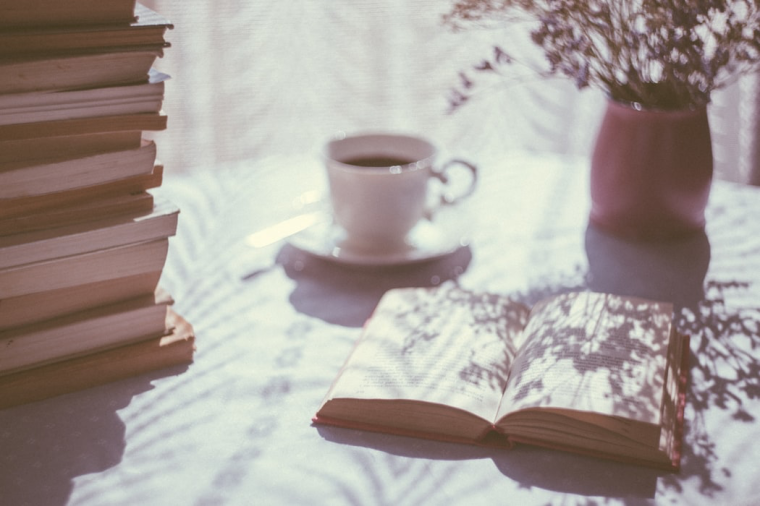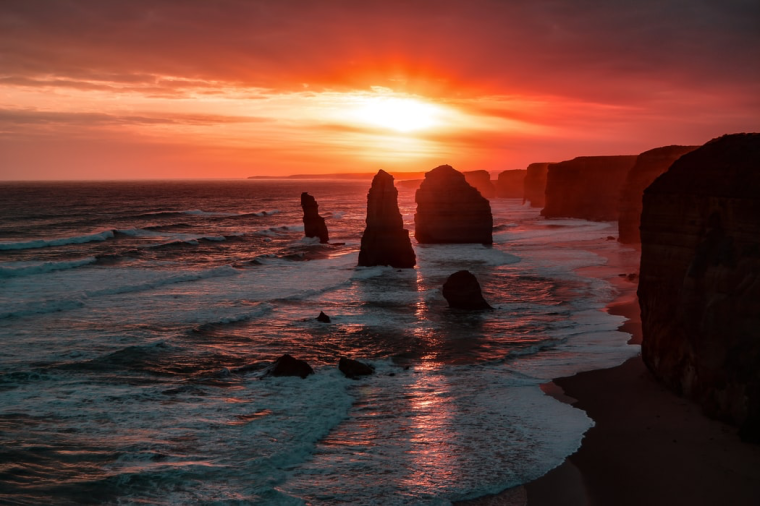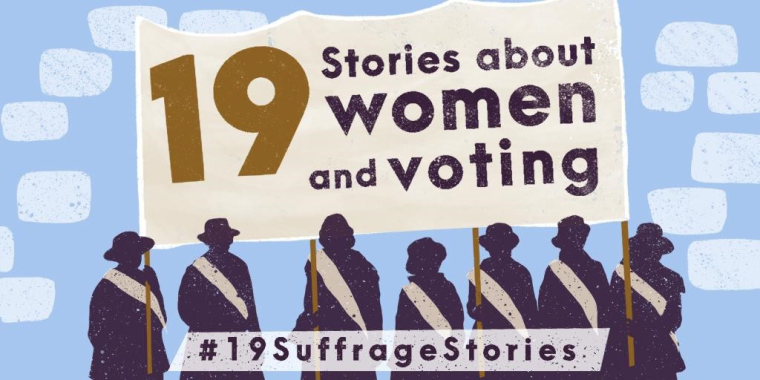We Will Emerge: Imagining the Future

“ We will emerge with a better vision.
“Not until this moment are we seeing the people who make this world work: the myriad invisibles, the anonymous, the undocumented, the overworked and underpaid professionals—some of whom we don’t even grace with the status of ‘professionals’ or pay them a living wage or take care of their health.” Julia Alvarez, We Will Emerge: Awareness
- Julia Ioffe, in the chapter of essays centered on awareness, writes that we will emerge “humbled and more respectful of science.”
- In the section on community and unity, Rep. Val Demings quotes Dr. Martin Luther King, “In a real sense, all life is interrelated.”
- Another section of essays focuses on the themes of gratitude and empathy, where Gary Shteyngart muses on culinary ambition: “We will emerge…and be yummier.”
- Challenging economic inequality, Mehdi Hasan in the section on liberation writes, “We will emerge and be less forgiving.”
- Imam Abdullah Antepli, in the section on action, calls for a more engaged democracy: “What if we all renew and significantly increase our ownership of our democracy and act accordingly a result of it?”
“We Will Emerge is an effort to think beyond our cascading crises and elevate insights that can point us toward a healthier, more equal, just, and sustainable future,” said Suzanne Nossel, CEO of PEN America and author of Dare to Speak: Defending Free Speech for All. “These micro-essays throw down gauntlets, unmask truths, and issue calls to action to take responsibility for the ways we’ve failed one another. Recognizing that there is no panacea for all that ails our society, these contributions collectively offer ideas, pathways, and building blocks aimed to spark new thinking and action, all in a direction forward.”
Throughout the coming weeks, PEN America and contributors from the project will be sharing their essays across social platforms under the hashtag #WeWillEmerge. Visit pen.org/we-will-emerge to read and share.
PEN America stands at the intersection of literature and human rights to protect open expression in the United States and worldwide. It champions the freedom to write, recognizing the power of the word to transform the world. Its mission is to unite writers and their allies to celebrate creative expression and defend the liberties that make it possible.
Jamie Dedes:
- About /Testimonials / Disclosure / Facebook / Medium / Ko-fi
- 2020 Poet Laureate of Womawords Literary Press
- The Wombwell Rainbow interviews Jamie Dedes
- Founding Editor and Editor Emerita, The BeZine
Your donation HERE helps to fund the ongoing mission of The Poet by Day in support of poets and writers, freedom of artistic expression, and human rights.
Poetry rocks the world!
“Every pair of eyes facing you has probably experienced something you could not endure.” Lucille Clifton





